Seaweed refers to many plant-like organisms living in the sea, best described as macroalgae because they are not flowering plants. Algae are edible and are essential components of Asian foods. Coastal peoples across the planet have historically eaten seaweed as food.
Seaweed was an immediate food source in the past. As Asian cuisine has become more widely adopted into many phases of Western culture, seaweed consumption has continued to become more popular, likely in part due to its many claimed health benefits. Most of the seaweed harvested is for direct human consumption, while the rest goes to other foods, cosmetics, fertilizers, feed additives, and the medicines industry.
A variety of seaweed species are fit for human consumption. They can be classified according to three different types of colors. Although their characteristics may vary, the most common type is green algae. The predominant reason green seaweeds appear green is that they are primarily made with chlorophyll pigments.
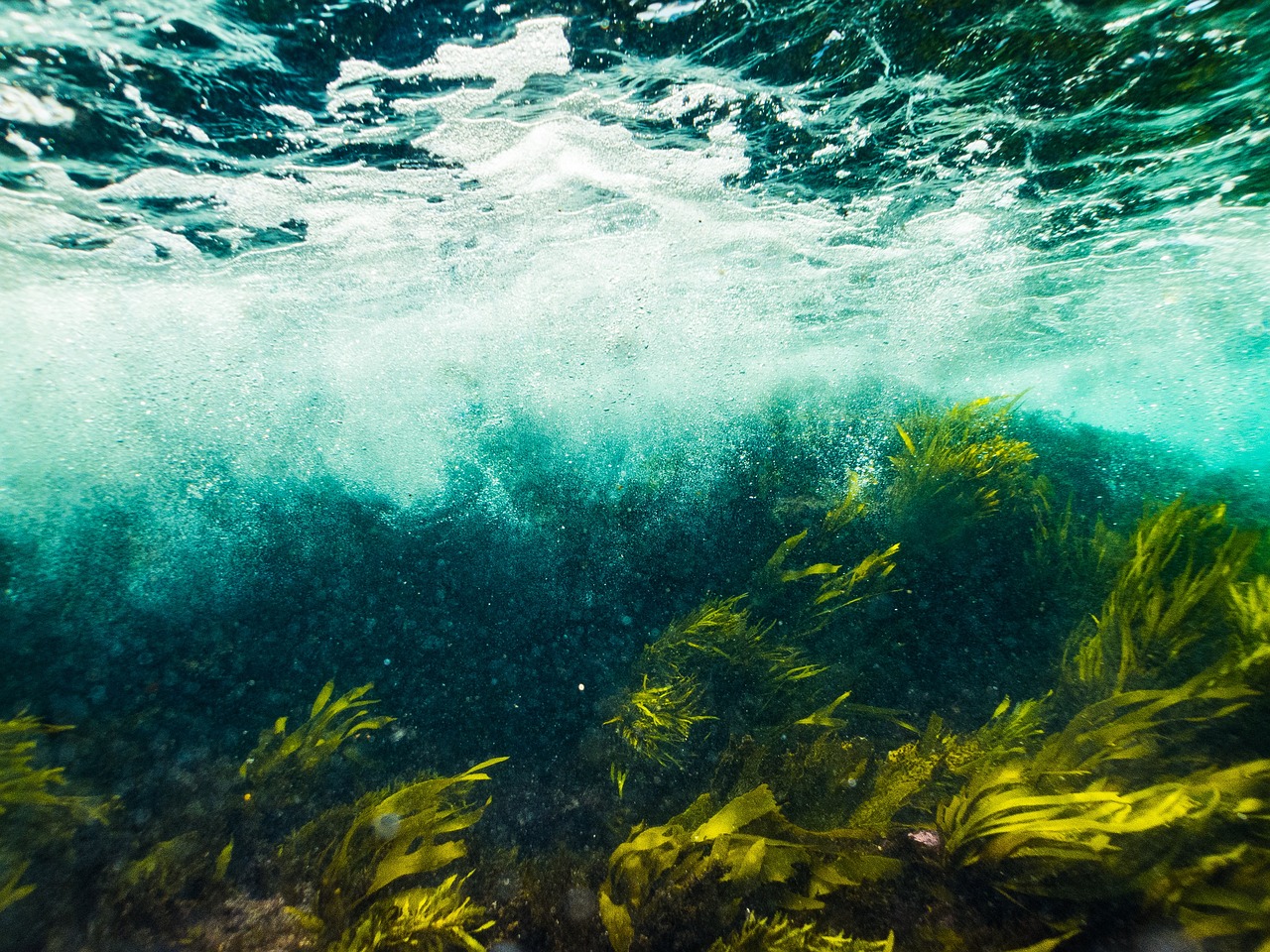
Although these aquatic species' highest production and consumption are in Asian countries, they are also widespread in other areas. Seaweed tank systems are a growing market in the U.S. and Canada. With the use of seaweed as a functional food, interest in seaweed has attracted increasing attention in recent years.
Studies show that the occasional intake of seavegetables might play a vital role in protecting against various inflammation and infection-related diseases. Algae may have multiple health benefits because they are high in nutrients. Get in touch with this food miracle; you may even put seaweed in your diet someday.
The application of algae is quite versatile. The product is to the advantage of different manufacturers. Seaweed is extracted from human food, cosmetics, organic fertilizers, industrial rubbers, and chemicals. Discover the uses and applications of seaweed that have the most impact. Look at all the good you can get out of them.
The majority of the seaweed produced is in the market for food. The use of algae as direct or processed food has a long history globally. With year-round growing conditions and a non-migratory ecosystem, macroalgae are considered inexpensive food with relatively simple harvesting potential. Currently, Europeans and North Americans eat little seaweed. In Japan and Korea, algae is a ubiquitous food.
Many food applications can successfully employ seaweed, as it is used in soup preparations and with fish, meat dishes, and rice as a vegetable. Dried green, brown, and red algae are also consumed. Another benefit is its low-calorie content and goodness; it is friendly for any vegetarian![]() .
.
Seaweed is also incorporated into other foods, including baked goods and pasta. Apart from them, seaweeds are included in low-fat food additives, where they serve as water-binding and gell-forming agents. Eating food using this seaweed will also provide nutrition.

Algae's positive qualities are valuable, and it is also used in the cosmetic industry. It is an ingredient in many cosmetics, including face creams, cleansers, etc. Numerous commercial suppliers offer seaweed powders or extracts for cosmetic and body care use. We also refer to algotherapy, a science that uses seaweed extracts in health or cosmetic treatments. Typical of seaside resorts, there are seaweed baths.
Seaweed, among other herbal products, has been promoted as having medicinal activities. Before the modern usage of seaweed in therapy, their use was primarily focused on traditional and folk medicine. For thousands of years, it has been known to have medicinal effects; the ancient Romans used it for wounds, burns, and rashes. There is anecdotal evidence that the ancient Egyptians used them to treat breast cancer. These extracts and their products are now successfully available as dietary supplements. Besides their nutritional support, they are utilized against several biological diseases.
Composting seaweed improves soil quality and reduces the effort to return excess nutrients during crop cultivation. Algae are again well suited to this, as they function as fertilizers in agriculture and thus close the nutrient gaps in plants. Besides, algae can also enhance crop yield and help plants resist harmful agents. Due to its several advantages, many countries apply seaweed extracts as fertilizers.
Another use is adding algae to animal feeds. However, incorporating seaweeds into animal feeds will enhance and raise food quality. They also represent a new and exciting supplement to improve the safety of animal production.
Seaweed would be classified as an old food source consumed worldwide by indigenous peoples. However, it is being eaten in bulk in only a few regions worldwide. However, algae are starting to become popular because they are very beneficial. So seaweed can be utilized for sustainable, functional food or dietary supplement sources because of its health benefits. Of course, much of seaweed has been studied, and many of its beneficial properties have been confirmed. Here are the highlights of those fantastic sea products.
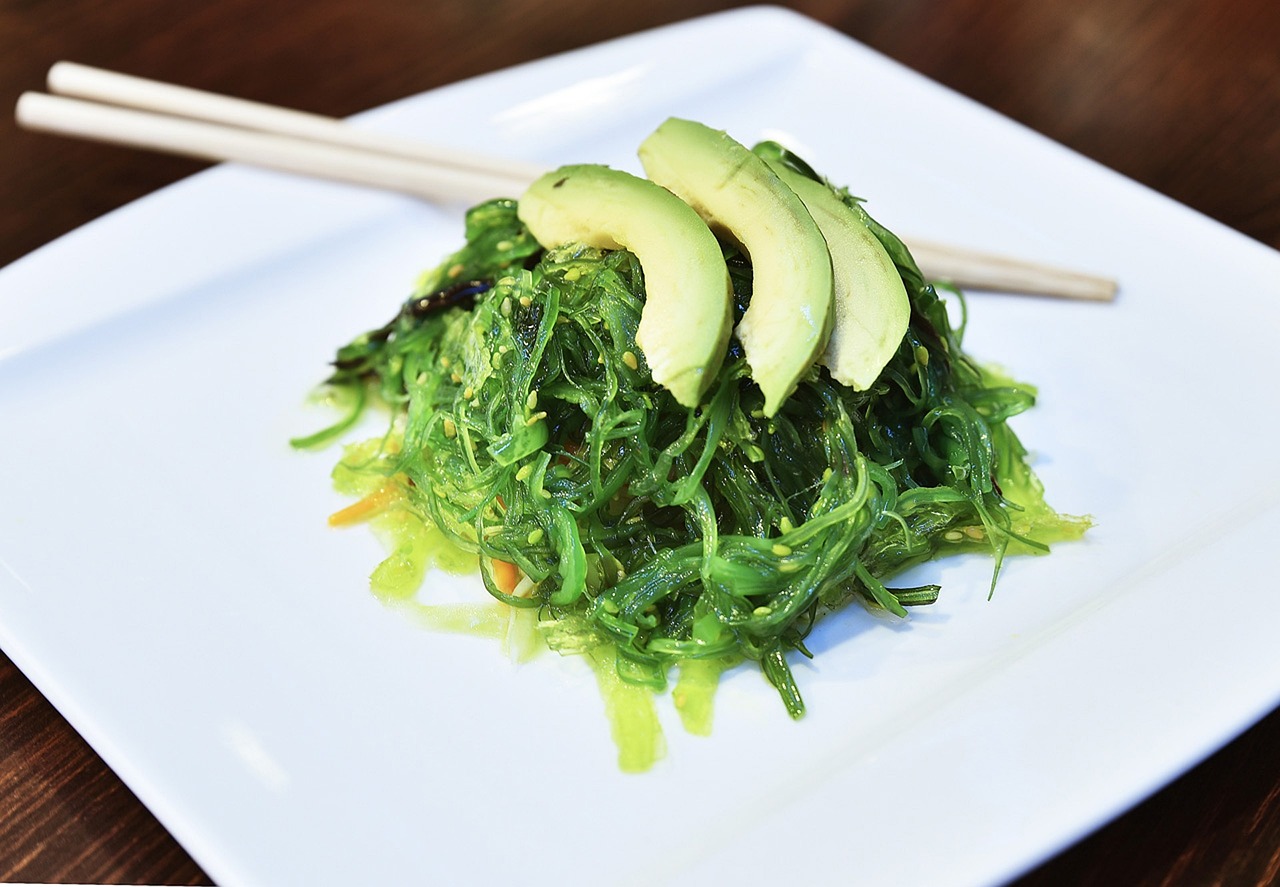
Anti-inflammatory foods are worth eating. By this, we can avoid most chances of causing inflammation, as it happens with many diseases. Seaweed is then realized in its remarkable ability and protective impacts. Research reports have mentioned the anti-inflammatory effects of algae extracts against inflammation and redness. Algae regulate inflammatory reactions by preventing the release of pro-inflammatory cytokines and enzymes.
Moreover, algae elements in the diet help suppress inflammation in the stomach and lower the likelihood of gastric and duodenal ulcers. Also, specific components present in seaweed help in repairing damaged mucosa. And that is why you should be eating seaweed.
Seaweed is a good nutrient food due to its antimicrobial and antifungal properties. So, consuming algae will protect you from bacteria and fungal diseases. The study said the algae extract exhibited antibacterial activity against pathogenic bacteria, including Staphylococcus aureus![]() . This staph pathogen produces a wide range of clinical manifestations. Chronic respiratory infections, especially otitis media and sinusitis, are associated with Staphylococci. This pathogen spreads too fast and is worth protecting from.
. This staph pathogen produces a wide range of clinical manifestations. Chronic respiratory infections, especially otitis media and sinusitis, are associated with Staphylococci. This pathogen spreads too fast and is worth protecting from.
On the other hand, seaweed is full of essential things, one of which is also antiviral. Several scientists have demonstrated antiviral effects on infectious diseases like the human immunodeficiency virus (HIV![]() ). Viruses find it hard to enter cells because all seaweeds possess antiviral components.
). Viruses find it hard to enter cells because all seaweeds possess antiviral components.
Seaweed has long been one of the most nutritious foods. It can also defend the human body against the deadliest ailments possible—the use of algae as a treatment for cancer dates back to ancient times. Recent studies have shown that some seaweed extracts might diminish or eliminate cancer's efficacy. This is excellent news for scientists searching for new approaches to combating these dreadful diseases.
A potential protective effect toward breast cancer![]() and colon cancer
and colon cancer![]() has been attributed to seaweed consumption in the diet. So, we can see that seaweed also has a vital role in reducing the risk of cancer in the diet by inhibiting the cancer cell growth rate. Isn't that great?
has been attributed to seaweed consumption in the diet. So, we can see that seaweed also has a vital role in reducing the risk of cancer in the diet by inhibiting the cancer cell growth rate. Isn't that great?
Another positive benefit of seaweed is its protection against diabetes. Worldwide, diabetes is a significant public health issue with rising incidence. That's terrible news. And more scientific solutions are being sought to overcome this. It seems that seaweed could also be of untapped value here.
Research indicated a marked reduction in blood glucose levels from algae extracts, an amount compared to classical diabetes medicines. This suggests that seaweed exerts protection against oxidative stress from free radicals that lead to hyperglycemia. In this case, one can compensate with a good diet, including seaweed, which helps to maintain glycemic control.
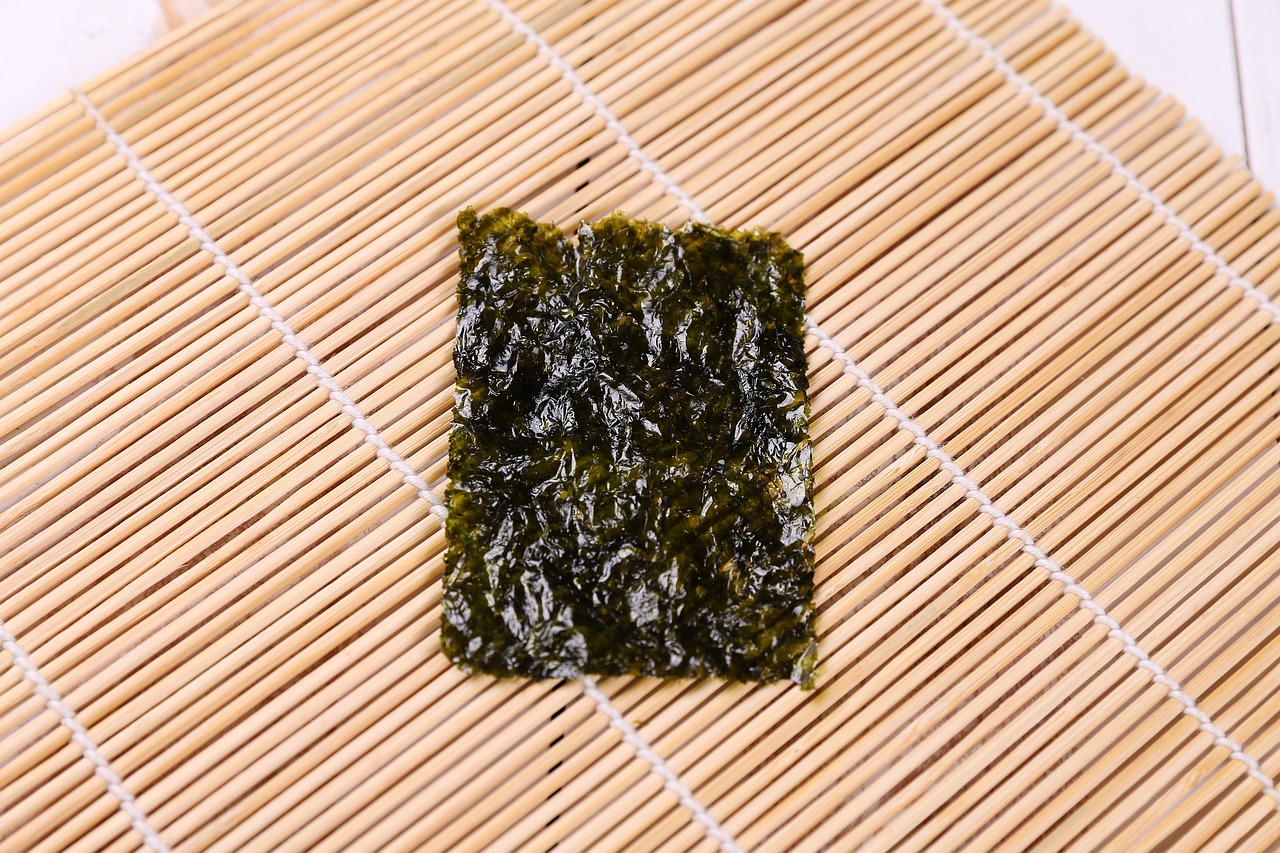
Yet another potential perk of seaweed might catch the attention of anyone looking to shed some lbs. Would you believe that consuming algae will make you smaller around the waist? Studies have found a significant antiobesity effect. This is why scientist starting their studies believe that the consumption of seaweed can lower body weight. This means they are products worth adding to the daily meals. This way, people on a weight-loss diet can strengthen their beneficial effects while adding algae's nutrients.
Seaweeds are an excellent choice for their liver-protective benefits due to their anti-inflammatory effects. Some types of seaweed have been studied for their sound anti-ulcer effects—studies demonstrating intervention with seaweed supplementation to improve liver damage in non-alcoholic steatohepatitis patients. So, when seeking home remedies to protect the liver, it is worth considering comestible seaweed and its unusual attributes. Because the liver carries out all primary metabolic functions, it is worth looking after this organ.
Because statistics reveal a low occurrence of ischemic heart disease![]() in Japan, researchers have analyzed the dietary practices of residents. The results show that edible seaweed prevalent in Asian cooking can have a favorable effect on heart health. Our findings suggest several pathways through which seaweed may exert a protective effect on cardiovascular disease, including its hypolipidaemic effect and lowering in blood pressure. United, this led experts to recommend consuming algae to lower blood cholesterol. So, if you want a healthy heart- remember to plate up some seaweed!
in Japan, researchers have analyzed the dietary practices of residents. The results show that edible seaweed prevalent in Asian cooking can have a favorable effect on heart health. Our findings suggest several pathways through which seaweed may exert a protective effect on cardiovascular disease, including its hypolipidaemic effect and lowering in blood pressure. United, this led experts to recommend consuming algae to lower blood cholesterol. So, if you want a healthy heart- remember to plate up some seaweed!
Seaweed has prebiotic activity. Do you know what this means? This gut microflora should be balanced to remain healthy. Incorporation of probiotics and prebiotic compounds through oral administration is one means of dietary modulation of intestinal microflora. Consuming seaweed could be advantageous for gut microflora. Dried algae have been found to promote the growth of good bacteria. Thus, algae possess factors that modulate the intestinal environment and immune system, which decreases the risk of pathogenic microorganisms in the intestine.
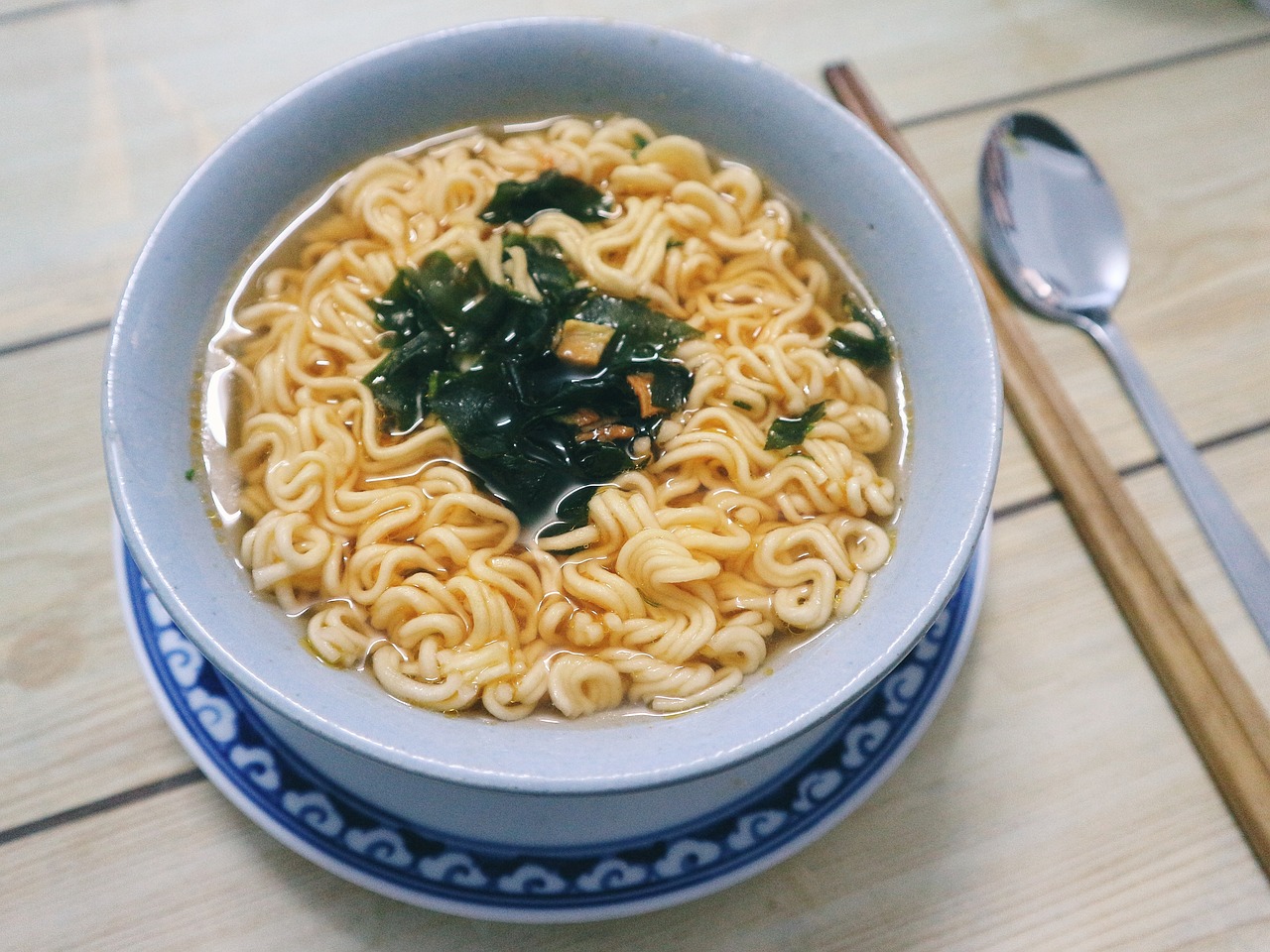
There are plenty of benefits from seaweed to health because seaweed provides nutrition. Nutrients from our regular food are essential for performing various bodily functions needed for the normal growth and development of the human body. Marine algae, like most land plants, are a source of carbohydrates, proteins, and fats. So, while the availability of nutrients may differ quite a lot depending on the variety, season, and production area, let us take a closer look at what we can find in these extraordinary foods.
Polysaccharides account for the majority of the carbohydrate content of the seaweed. While the carbohydrate content of seaweed is exceptionally high, the vast majority is in the form of polysaccharide dietary fiber![]() , which the human body cannot absorb. Therefore, we do not need to be concerned about an overabundance of these nutrients in the diet.
, which the human body cannot absorb. Therefore, we do not need to be concerned about an overabundance of these nutrients in the diet.
Algae also provide protein that includes all of the fundamental amino acids. Red algae have the highest protein level, which can rival legume levels in terms of quantity. Moreover, seaweed has very small lipid contents, but the presence of many essential fatty acids also enhances its effectiveness as a part of a balanced diet.
Consuming algae will help your body to intake a few essential vitamins. Algae provide both water-soluble and fat-soluble vitamins at varying concentrations. Algae can bring much more vitamin E than you could find in peanuts![]() , among others. Also, vitamin B12 is rarely found in fruits and vegetables. Seaweeds are capable of providing health components such as provitamin A and vitamin C.
, among others. Also, vitamin B12 is rarely found in fruits and vegetables. Seaweeds are capable of providing health components such as provitamin A and vitamin C.
Minerals are another critical joint supplied by the algae. Seaweeds usually are full of minerals. Calcium is the most abundant of all minerals. A single serving of seaweed can cover most of the ingredients needed in the recommended daily amount. Moreover, the calcium in seaweed is in the more bioavailable calcium phosphate form, as opposed to the form of calcium in milk![]() .
.
In addition to these, seaweed is a significant source of iodine![]() ; some contain more iodine per gram than the minimum dietary requirement of the element. Since no considerable iodine food source exists for human eating, seaweed is one of the least expensive and best available iodine foods for human consumption. You will also be getting good amounts of other minerals but in lesser amounts from algae.
; some contain more iodine per gram than the minimum dietary requirement of the element. Since no considerable iodine food source exists for human eating, seaweed is one of the least expensive and best available iodine foods for human consumption. You will also be getting good amounts of other minerals but in lesser amounts from algae.
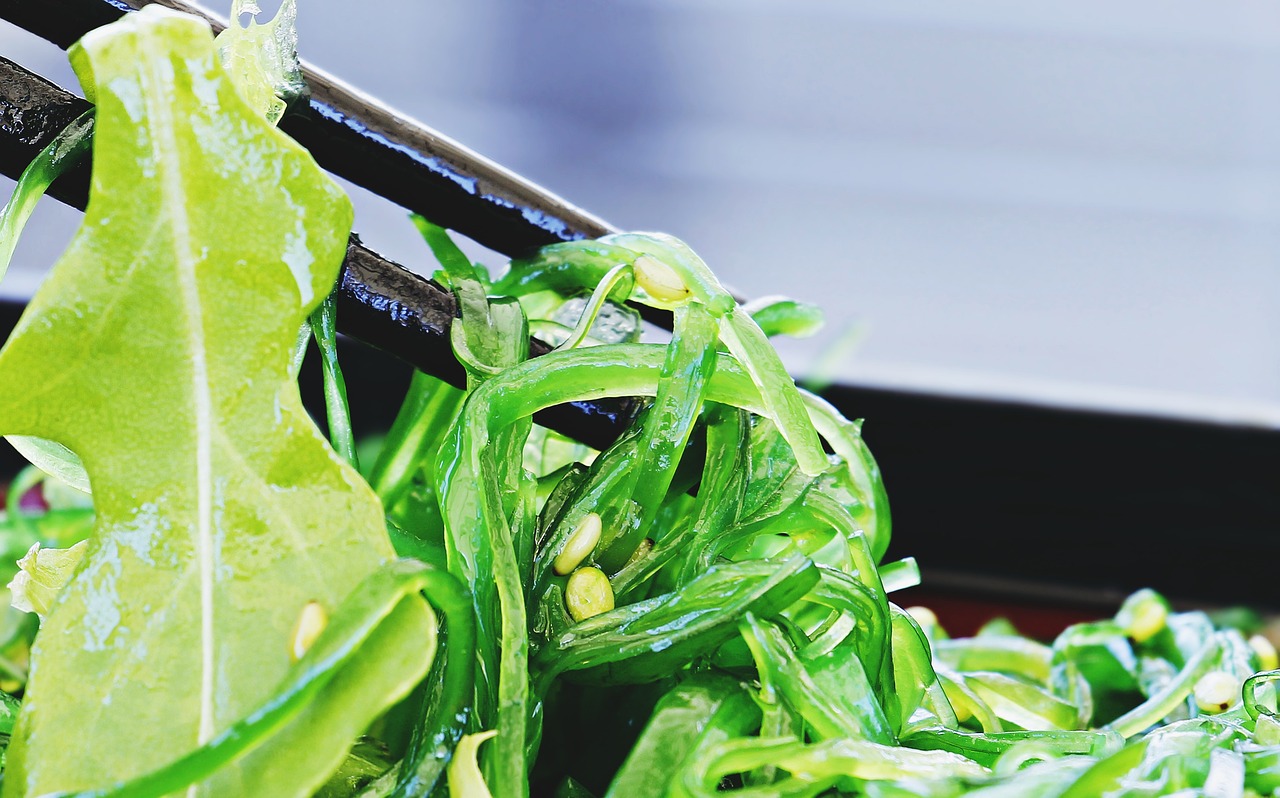
Seaweed is one of the best food side dishes that can bring flavor and health benefits. But you still need to review the safety data of this product. One of the health risks of seaweeds is arsenic![]() . The intake of these substances harms or contributes to the risk of many diseases. Certain varieties of seaweed are known to take up arsenic. However, the health impacts of arsenic poisoning coupled with inorganic arsenic found in algae have not been proven. As such, experts have reassured people that harmful health effects are not likely unless they ingest excessive algae.
. The intake of these substances harms or contributes to the risk of many diseases. Certain varieties of seaweed are known to take up arsenic. However, the health impacts of arsenic poisoning coupled with inorganic arsenic found in algae have not been proven. As such, experts have reassured people that harmful health effects are not likely unless they ingest excessive algae.
In addition, people must beware of the excessive levels of iodine in algae. However, the recommended consumption of these in large quantities can cause too much iodine, which is certainly not good, especially for pregnant women. Too much iodine is also dangerous since it could lead to a condition called hypothyroidism![]() . Hence, seaweed must be taken within limits and in no excess.
. Hence, seaweed must be taken within limits and in no excess.